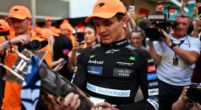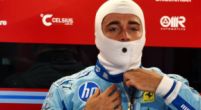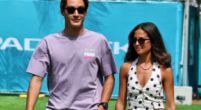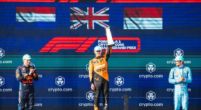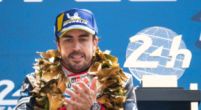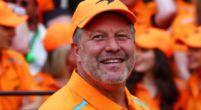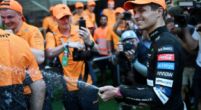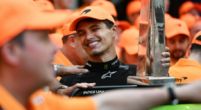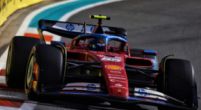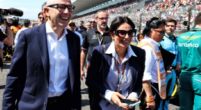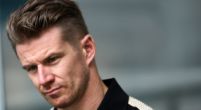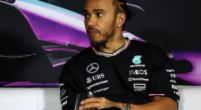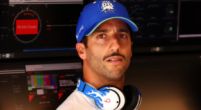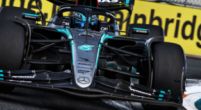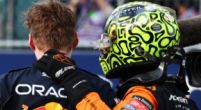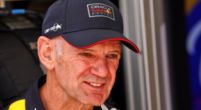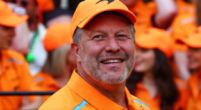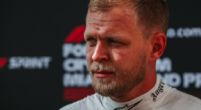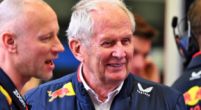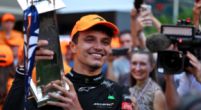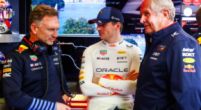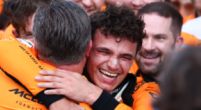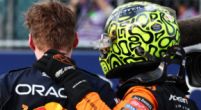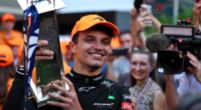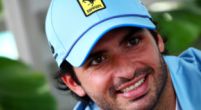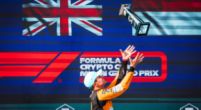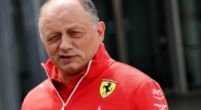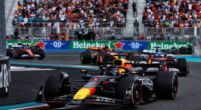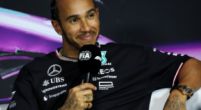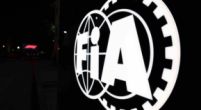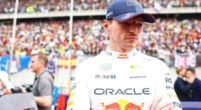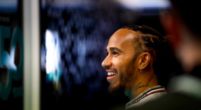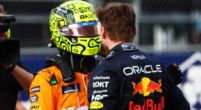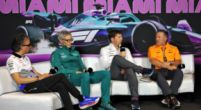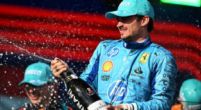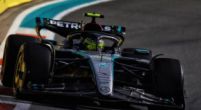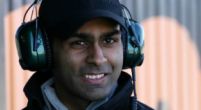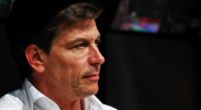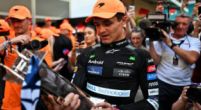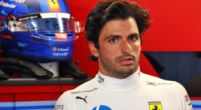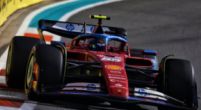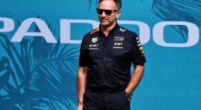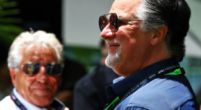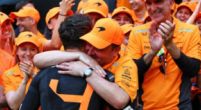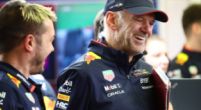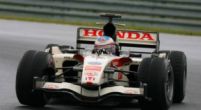F1 News
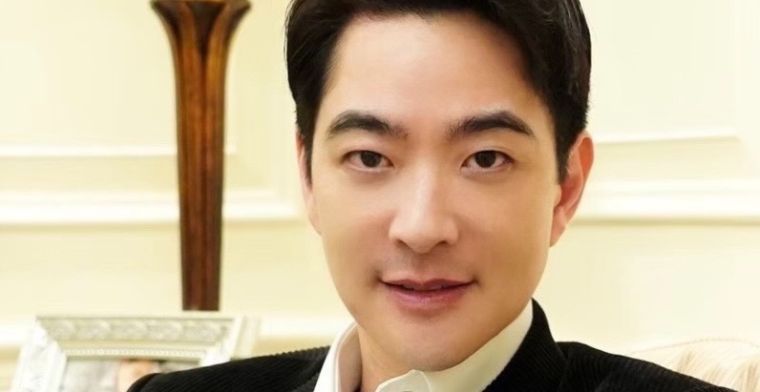
An F1 team of his own? Calvin Lo turns out not to be a billionaire after all
A Formula One team of his own, with its roots in Asia. Calvin Lo, a Hong Kong businessman, was keen on an entry into motorsport's royal class. With the (possible) expansion of the F1 grid, he saw his chance. That this would require a huge investment? " Money is not the problem," he previously told GPblog. Yet that now seems to be the case. Lo may be rich, but he still does not appear to be that successful billionaire he told the international media.
Calvin Lo is an amiable man. Friendly, complimentary, articulate. After exchanging all sorts of pleasantries, in an interview with GPblog in mid-2022, he spoke passionately about his immense love for motorsport and Formula 1 in particular. How the racing bug had gripped him by watching the exploits of Michael Schumacher as a young child.
A Formula 1 team of his own, that seemed like the thing for him too. Lo explained that at the time of the interview, his people were figuring out the best way to join the grid: starting his own team or perhaps buying into an existing F1 team as a very wealthy financier. Currently, he is even said to be an investor of Williams F1 already.
Lo profiles himself as billionaire
Everyone knows that entering F1 requires many hundreds of millions. Prior to the Lo, although GPblog had searched online for stories with and about Lo and especially the amount of his wealth, to find out if Lo had the necessary funding for F1. Not much had been published about the businessman, but articles by the BBC and the Financial Times, for example, kept coming up: Lo, at the head of insurance company R.E. Lee International, is a billionaire. There was no evidence for this, by the way. GPblog also asked him about his finances. No comprehensive answer came. Lo only said, "Money is not the problem."
US business magazine Forbes suddenly received an invitation to drop by Lo's office last September. According to the magazine, in a conversation with a journalist, Lo wanted to explore whether it made sense to open his books and show Forbes how rich he was, only to be included in the magazine's prestigious billionaire list. In reality, Forbes now reports, Lo had been trying to bluff his way into this list for two years. Periodically, the magazine received "secret documents" that would show how rich Lo was. Based on these documents - the magazine says - Lo was simply not rich enough.
Still, made curious by all the publications that kept appearing - even telling Forbes that it had dubbed him a billionaire - and the fact that R.E. Lee International was hardly known in Hong Kong, the magazine decided to investigate. Forbes spoke to 40 sources in six countries and all told it: Calvin Lo is not the man he says he is. Yes, he is rich. Thanks to his family-founded company that sells life insurance, he has an estimated wealth of $200 million.
Things have gone quiet around Calvin Lo
But "the world's largest life insurance broker" with about a billion in premiums raised plus asset manager with between eight billion and 10 billion dollars in assets - a press release once said - that was not Lo with his R.E. International. Nor was he a Harvard University-trained investor who paid $1.2 billion for Taiwan's five-star Mandarin Oriental hotel in 2018. Nor did he turn out to be the philanthropist who set up a $250 billion charitable foundation. Nor was Lo the biggest investor in and collector of champagnes in Asia, nor one of the first owners of a Gulfstream G650 private jet in Asia. Forbes quotes an anonymous source at Williams reporting that no one knows Lo there.
In recent months, things have gone completely quiet around Calvin Lo. While the likes of Andretti-Cadillac and Hitech Grand Prix emphatically sought publicity to advertise their F1 plans, there has been no update from Hong Kong. GPblog has contacted him several times over the past few months, but there has been no further response. Thus, his dream of having his own Formula 1 team seems to have come to nothing. Probably money was a problem after all.

